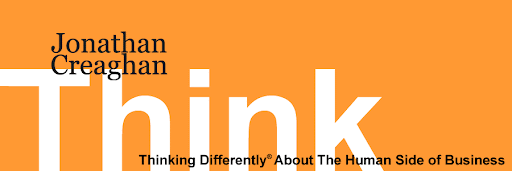There was a noticeable sigh of relief as people came to the realization they could free themselves of the artificial confinement placed on them by the concept of seeking life of balance that in reality can never be balanced. The energy grew as the pressure was released.
There is nothing to balance in your life.
Your life was not and cannot be broken up into parts or components as we are lead to believe. Work life separation does not exist. There is only a moment by moment life experience with people, activities, locations, challenges and joys that in its entirety is a powerful statement, a perfect expression of who you are.
Now let me be clear, I am not condoning working long hours at the cost to family and personal wellbeing. That too is just following the collective expectations of society. Instead take the leap to another way of moving through life; that of wholeness.
Wholeness comes at life from a perspective of expression rather than fragmented activity through a daytimer. Wholeness implies seamlessness. A life that moves effortlessly with all that must be included to be fully expressed. A whole life is lived from context (meaning and purpose) where activity flows out from there.
Wholeness is lived with a sense of peace and acceptance that what actions are taken IS a valued expression of who you are.
If this is true, then it only requires you to examine what your life is expressing to you and of you. The outcome of the observations will, if you choose, dictate your next course of action. You will include more of what you want, drop things or make the necessary life changes that make sense to you.
Attention on wholeness expression can achieve what we hope balance will do but never can; a life lead with deep personal meaning and purpose.
These transcend balance. It is only when activity is bathed in meaning that it has any energy and importance to us.
So take a deep breath and relax. What you want to express your life to be will naturally unfold when you let go of the tension and inner conflict of trying to balance that which never could to be balanced in the first place.

